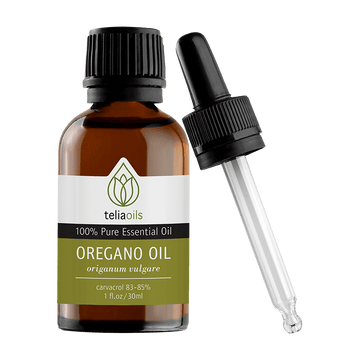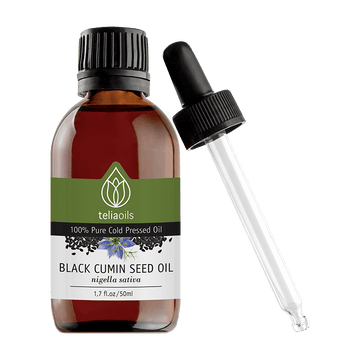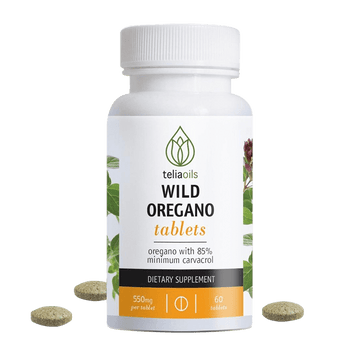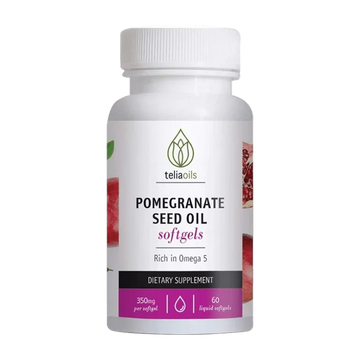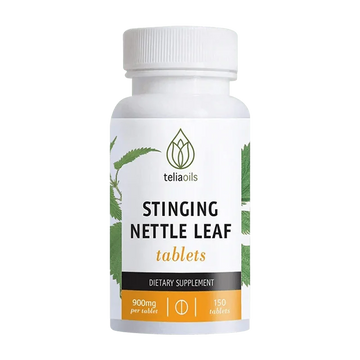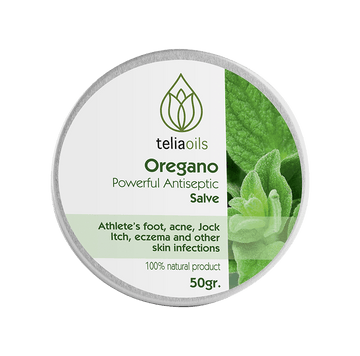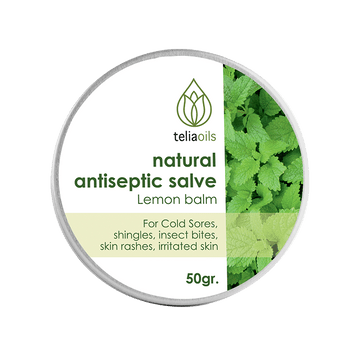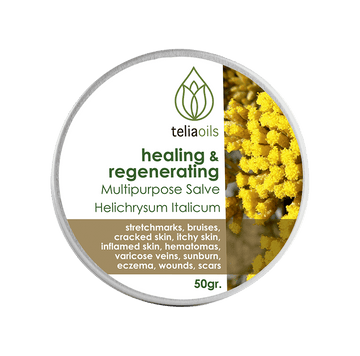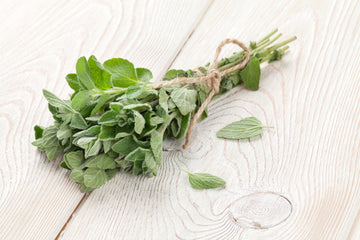
Oregano, often used as a culinary herb, holds a lesser-known identity as a potent antimicrobial agent. This robust herb contains key compounds, namely carvacrol and thymol, that contribute significantly to its ability to combat bacterial, fungal, and viral infections. Let’s understand the empirical evidence and the mechanisms through which oregano exerts its antimicrobial effects can provide a convincing insight into its potential as a natural remedy.
Key Active Compounds: Carvacrol and Thymol
Carvacrol and thymol are phenolic compounds found in oregano, and they are primarily responsible for its antimicrobial properties. These compounds share a similar molecular structure that is highly effective in breaking down the outer cell membranes of microbes. The breakdown of these membranes leads to the leakage of vital cell contents, ultimately resulting in microbial death.
Carvacrol: The Heavy Hitter
Carvacrol has been studied extensively for its antimicrobial properties. Research has demonstrated that carvacrol disrupts the bacterial cell membrane’s integrity, altering its permeability and leading to a loss of ions and other molecular contents. This action not only inhibits the growth of bacteria but also leads to their destruction. A study published in the Journal of Medicinal Food highlighted carvacrol’s effectiveness against various strains of bacteria, including Escherichia coli and Bacillus cereus.
Thymol: Enhancing Synergy
Thymol, while similar to carvacrol, tends to be slightly less aggressive in its action but is no less significant. It enhances the antimicrobial efficacy when combined with carvacrol, providing a synergistic effect that broadens the spectrum of oregano’s antimicrobial action. Thymol has also been shown to inhibit fungal pathogens and is particularly effective against common yeasts and molds, including the Candida species.
Scientific Studies and Evidence
Numerous studies have validated the antimicrobial properties of oregano. One landmark study published in the Journal of Agricultural and Food Chemistry found that oregano essential oil, which contains concentrated amounts of carvacrol and thymol, was effective against 23 species of bacteria, including Staphylococcus aureus, a common cause of skin infections and respiratory issues.
Another significant aspect of oregano’s antimicrobial action is its efficacy against antibiotic-resistant strains. A study in the International Journal of Food Microbiology reported that oregano oil could reduce the growth of antibiotic-resistant strains of bacteria, suggesting a potential role in combating antibiotic resistance.
Practical Applications
The antimicrobial properties of oregano are not only of academic interest but also have practical applications in everyday life:
- Food Preservation: Oregano oil is used as a natural preservative in food products, inhibiting the growth of microbes that cause food spoilage.
- Health Supplements: Oregano oil capsules are marketed as supplements to support the immune system and manage bacterial infections naturally.
- Topical Applications: Diluted oregano oil can be applied topically to treat fungal infections such as athlete’s foot and other microbial skin conditions.
The antimicrobial properties of oregano, particularly attributed to carvacrol and thymol, are backed by substantial scientific evidence. These studies reveal not only the effectiveness of oregano against a range of pathogens but also its potential as a natural alternative to synthetic antimicrobials in medical and food industries. As research continues to unfold, the scope of oregano’s benefits is likely to expand, offering promising natural solutions to global health challenges.

